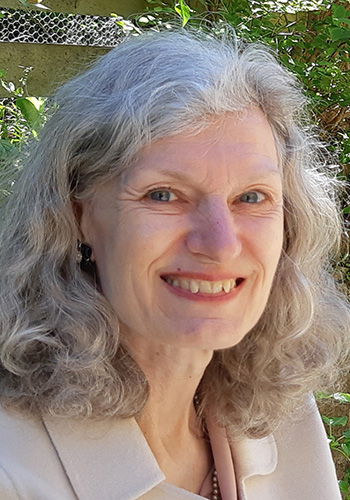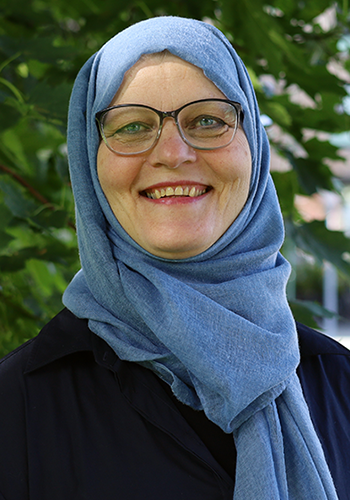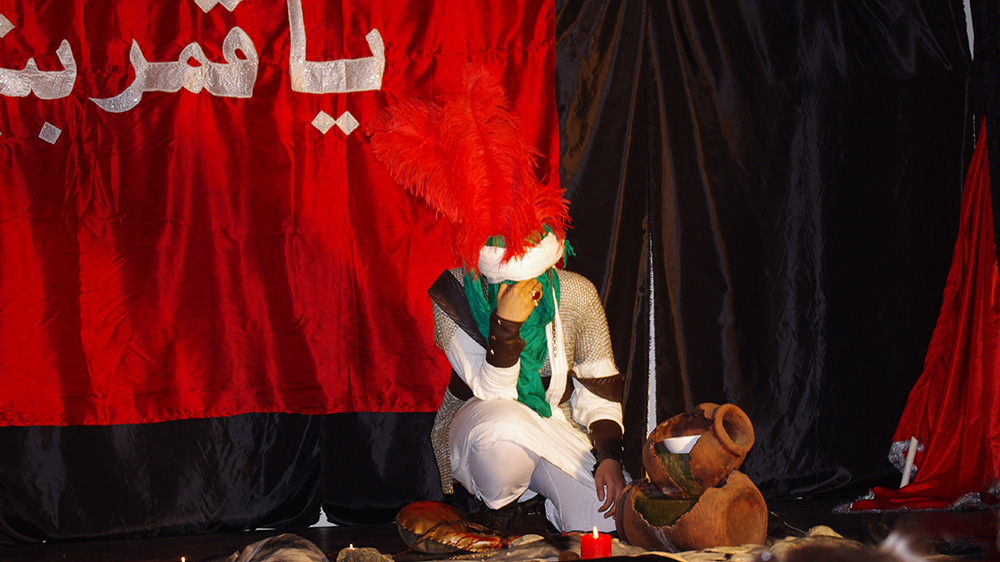However, many researchers tend to ignore sensory religious experiences, and need to learn how to attune themselves to such experiences. Researching Islam from a sensory vantage point has become an emerging field in recent years. This open research group seminar contributes empirically and methodologically by highlighting how young people learn Islam through the senses.
 Ingvild Flaskerud
Ingvild Flaskerud
Ingvild is a researcher at the Faculty of theology and will address how sensory experiences are important to the formation of Muslim selves. In the seminar she will focus on how the use of visual and embodied storytelling methods are essential in the formation of Islamic knowledge, and the cultivation of Islamic virtue ethics through embodied practices. Central issues to be discussed are sensorial communication, thinking, and understanding, and how learning and ethical formation emerges from aesthetic and affective experiences. The discussion is based on studies of Twelver Shia theatre productions staged by young women in Oslo, and zur-khane exercises, which is an ancient form of male athlete activity in Iran.
 Nora Sunniva Eggen,
Nora Sunniva Eggen,
Nora is an associate professor at the Faculty of theology. She will share how sensory aspects plays an important part in faith based Islamic religious education. Drawing upon observations from a project on faith education in Muslim faith stance organisations in Oslo, she discusses the mosque as a location for activating both the cognitive and the sensory aspects of children’s development of knowledge and sense of religious and societal belonging. Some of these spare time educational activities have separate facilities within mosque buildings, while others conduct the courses and classes in the prayer area of the mosque, and yet others are physically detached from the mosque. However, the mosque as a physical location is a recurrent place of reference in the ongoing educational activities as well as in the organizer’s reflections on the educational activities.
Professor Elisabeth Tveito Johnsen, leader of the research group Lived religion, will shortly introduce the topic, and Associate professor Safet Bektovic, leader of the Interreligious studies and Islamic theology research group, chairs the conversation after the two speakers.
Researchers, students and other interested are welcome to attend the seminar!
